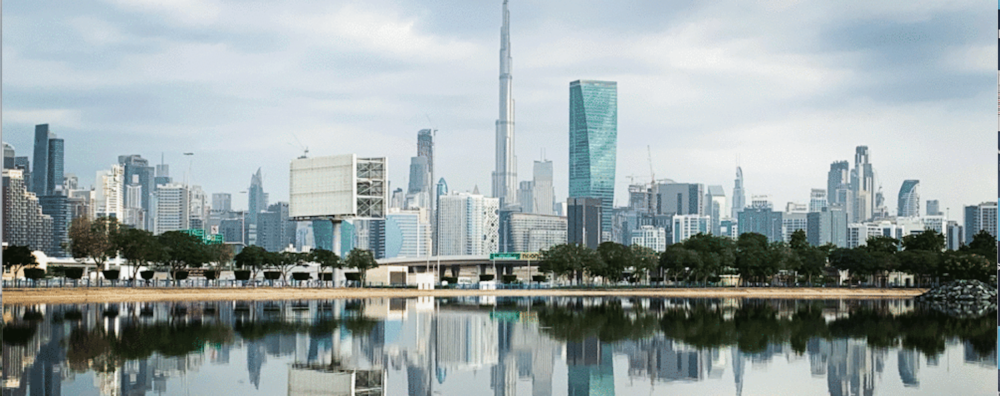A new policy I’m trying to adhere to is to leave work on time. Often harder than it sounds, the reason for this is two-fold: the traffic in Dubai is abysmal (again), and my children have seemingly endless homework that needs supervising.
Tonight, I came through the door and called out my usual ‘hellos’. Son2 leapt up from his chair at the kitchen table and ran at me like a torpedo, while Son1 peered at me from behind the iPad, shouted hello loudly, then went back to his game like a techno-crackhead.
“Right,” I said brightly. “Who’s got homework?” I knew they both had work to do; and they both knew I knew. There was silence. Son1 sank deeper into the sofa, and Son2 actually went back to the kitchen table to eat vegetables.
“It’s verbs tonight, isn’t it?” I said, rubbing my hands with glee.
Yes, glee!
You might be surprised to hear that, perhaps oddly for someone who writes a blog, works on a magazine and LOVES writing, I don’t actually know one end of a sentence from the other. A product of the 70s, I learned (learnt?) to read and write at a time when grammar was totally out of fashion.
Back then, British schools were going through a period in which the teaching of grammar was thought to be stifling to creativity (or maybe I spent my childhood staring out the window? It’s possible).
 Instead, I sort of feel my way through a piece of writing – in the same way you’d produce a watercolour painting, I can put together the bare bones of an article, flesh it out and add some detail. A read-through at the end, along with a flurry of fairly brutal editing, polishes it off, and, voila, I’m done.
Instead, I sort of feel my way through a piece of writing – in the same way you’d produce a watercolour painting, I can put together the bare bones of an article, flesh it out and add some detail. A read-through at the end, along with a flurry of fairly brutal editing, polishes it off, and, voila, I’m done.
But ask me about sentence construction, the future perfect or irregular verbs and I’m at a bit of a loss really. If something is wrong, it literally jumps off the page at me – and I can usually fix it (which is what I do in my job as a sub editor), but I couldn’t give you a technical explanation.
Which is why I’m loving the fact that my older son is actually starting to learn all this stuff at school – not only can I refresh my own knowledge, but I can honestly say that witnessing him starting to grasp grammar is a joy.
Until I take it a bit too far. “A verb hunt. Great!” I enthused. “Let’s go through my magazines,” I suggested, and reached for a copy of the business title I work on.
“Now then, tell me, where is the verb in this headline?” I asked him.
Son 1 looked at the page, blankly. He tried, bless him. But it was a story on Iraq, aimed at oil executives, not seven year olds.
“Mum,” he said, quietly. “I really want to do the other homework. The 3D model of a landform.”
They’re going to the planetarium tomorrow, as part of their unit of inquiry on how the Earth works, and he’s so excited.
“Can we make an iceberg, like in the Titanic?” he pleaded.
Grammar was never going to compete, was it?



